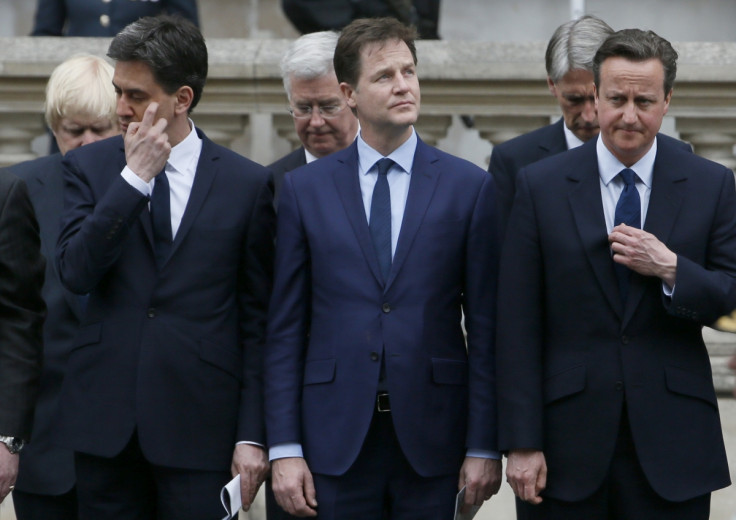Not enough Tory voters quizzed led to failure of General Election opinion polls

Samples that were unrepresentative of the electorate were why opinion polls failed to predict the results of last year's General Election, an inquiry has found.
The long-awaited post-mortem looked at why Labour and the Conservative Party were considered to be neck and neck in the run-up to the ballot in May 2015 but the Tories ended up winning comfortably with a 6.5% margin.
A panel of experts concluded this was due to Tory voters being under-represented in phone and online polls although it was too hard to say if there was a "late swing" in favour of the Tories.
The independent inquiry, chaired by Southampton University professor of research methodology Patrick Sturgis, was commissioned by the British Polling Council and the Market Research.
Sturgis's findings echo those of a separate study by polling expert Professor John Curtice, which concluded that sampling methods may have resulted in too many Labour supporters being questioned, The Guardian reported.
Other aspects that had an impact included not asking enough older voters, young non-voters and those who were too busy or not at home when pollsters called.
Other potential issues, such as misreporting of voter turnout, question wording or the treatment of overseas voters, postal voters and unregistered voters were likely to have made "at most a modest contribution" to skewing results.
Sturgis said: "There have been many theories and speculations about what went wrong in 2015 but, having considered the available evidence, the inquiry panel has concluded that the ways in which polling samples are constructed was the primary cause of the polling miss."
The inquiry said it could not rule out the possibility of "herding" where pollsters made their surveys and weighted responses in such a way that their results were closely in line with those of rival organisations.
Sturgis's final report is due out in March.
© Copyright IBTimes 2025. All rights reserved.






















